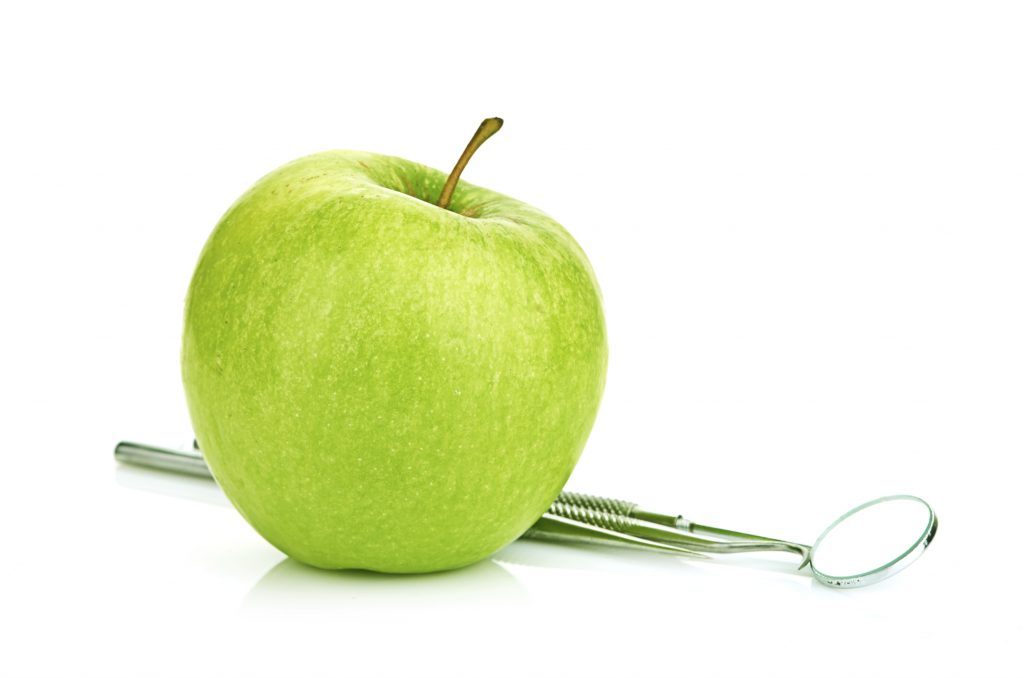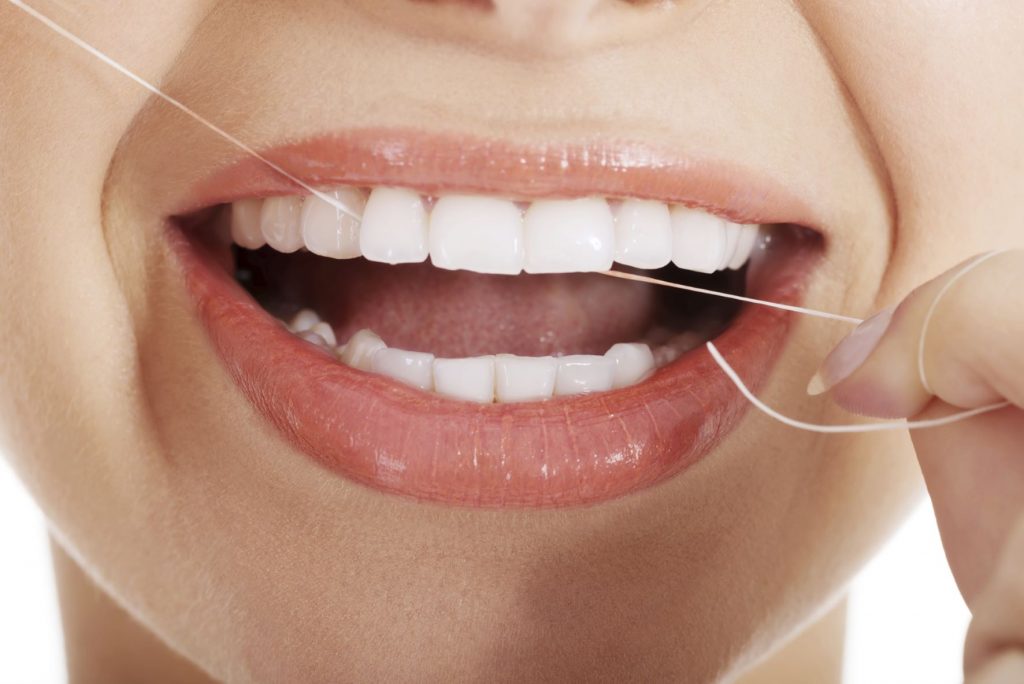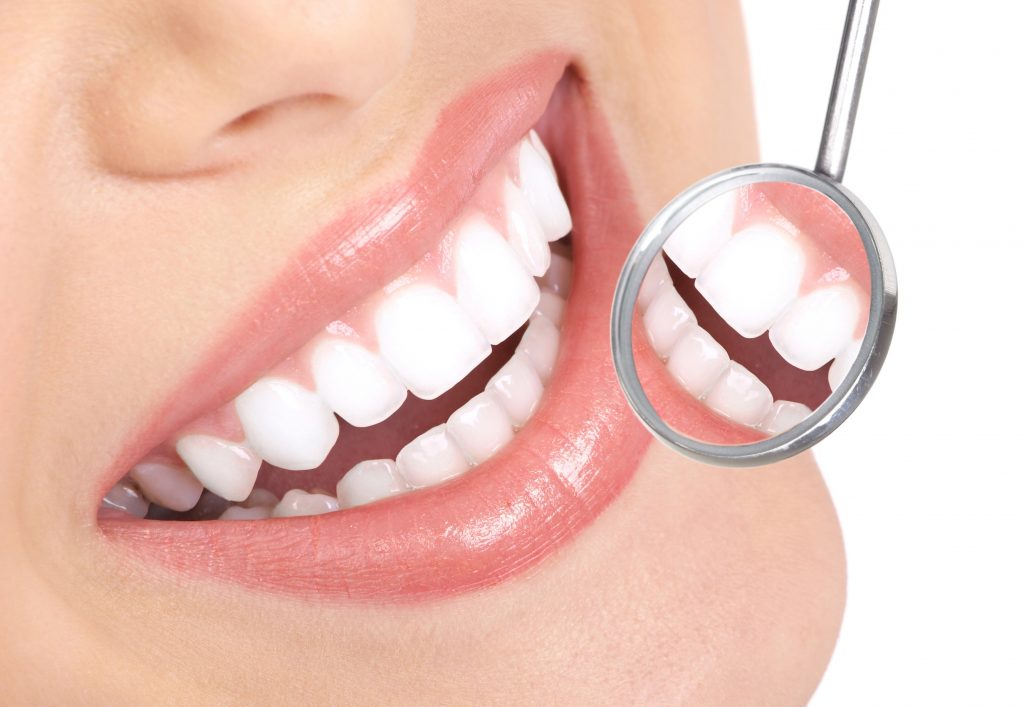
In recent years, scientific research has discovered a close link between your oral health and your overall health. There are many conditions we can identify during a visual examination of your oral cavity, even if you don’t know you suffer from them.
This includes mental health problems such as depression. Recent studies suggest that depression conclude depression is closely related to poor oral health.
When someone is depressed, they lose interest in everyday activities, and in many cases, the person stops taking care of themselves, including neglecting his or her oral health in general. Not brushing your teeth twice daily and flossing at least once per day can be extremely detrimental to your mouth and set the stage for serious dental conditions in the future.
When you struggle with depression or other emotional condition your teeth will also suffer. Some signs of depression that will show in your teeth are:
General dental neglect. If you stop brushing and flossing your teeth regularly, you may have more cavities than usual, and your gums may be tender or swollen without the stimulation from brushing.
Periodontal disease. There is a close connection between depression and periodontal disease. Depression can affect your oral health through the salivary glands. When the production of saliva is restricted, you can have dry mouth which results in a higher risk for tooth decay.
Oral pain. Many people who have recurrent pain from conditions such as temporomandibular joint disorders (TMJ) also suffer from depression. There is a clear connection between pain and depression, according to scientific studies.
Keeping your regular checkups will let us identify any potential problems that may develop in the future. If you struggle with depression, your teeth may show it at different levels.
For more information about the effects of depression on your smile, call Dr. Sciabica in Issaquah, WA at 425-392-3900 or visit www.issaquahdentists.com.
Dr. Frank S. Sciabica proudly serves patients from Issaquah and all surrounding areas.




